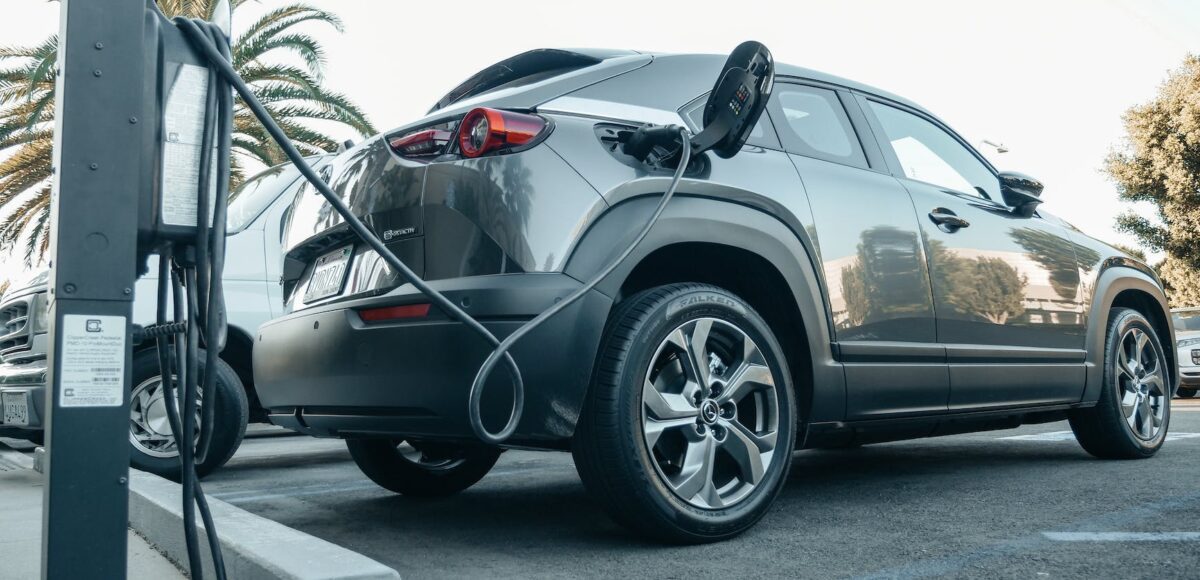Electric vehicles (EVs) are becoming more popular and affordable, as they offer many benefits, such as lower emissions, lower maintenance costs, and tax incentives. However, EVs also face some challenges, especially in cold weather, which can affect their battery performance and range. In this article, we will explain how cold weather impacts EV batteries, and what you can do to protect them and ensure a smooth and efficient winter driving experience.
How Cold Weather Affects EV Batteries
EVs use lithium-ion batteries, which are sensitive to temperature changes. When the temperature drops below a certain level, the battery’s internal resistance increases, which means it takes more energy to charge and discharge the battery. This reduces the battery’s capacity and range, as well as its ability to regenerate power from braking¹.
According to a study by AAA, the average range of an EV can decrease by 41% when the temperature is -6.7°C (20°F), compared to 24°C (75°F)². This means that if an EV has a range of 320 km (200 miles) in normal conditions, it can only travel 189 km (118 miles) in cold weather.
Moreover, cold weather can also affect the charging speed and efficiency of EV batteries. Charging an EV battery when it is cold can damage the battery cells and shorten their lifespan. Therefore, most EVs have a battery thermal management system (BTMS), which regulates the temperature of the battery by heating or cooling it. However, this system also consumes energy from the battery, which further reduces the range³.
How to Protect Your EV Battery from Cold Weather
There are several strategies that you can adopt to protect your EV battery from cold weather and minimize its impact on your driving experience. Here are some of the most effective ones:
- Precondition your battery: Preconditioning your battery means warming it up before driving or charging, using the power from a plugged-in charger, rather than the battery itself. This way, you can maintain the optimal temperature for your battery, and improve its performance and range. You can use a timer or a smartphone app to schedule the preconditioning so that your battery and cabin are warm and ready when you need them⁴.
- Park your EV in a garage or a sheltered place: Parking your EV in a garage or a sheltered place can help to protect it from the cold and the wind, and keep it warmer than the outside temperature. This can reduce the energy needed to heat the battery and the cabin and preserve the range. If you park your EV outdoors, you can use a battery warmer or an insulation blanket to keep the battery from getting too cold.
- Charge your battery frequently and fully: Charging your battery frequently and fully can help to keep it warm and prevent it from losing too much capacity in cold weather. It is recommended to charge your battery to its full capacity before a long trip and to top it up during breaks or stops, if possible. You should also avoid letting your battery level drop below 20%, as this can cause more energy loss and damage to the battery cells.
- Drive smoothly and efficiently: Driving smoothly and efficiently can help to reduce energy consumption and the stress on the battery in cold weather. You can do this by avoiding sudden acceleration and braking, maintaining a moderate and steady speed, and using the eco mode or the low gear, if available. You can also use the regenerative braking feature, which converts the kinetic energy from braking into electrical energy, and stores it in the battery.
- Limit the use of cabin heating and other accessories: Cabin heating and other accessories, such as the rear defroster, the heated seats, and the entertainment system, can draw a lot of energy from the battery, and reduce the range in cold weather. You can limit the use of these features, and opt for more energy-efficient alternatives, such as the seat warmers, the steering wheel warmer, or the preheating function. You can also dress warmly and use blankets or gloves to keep yourself comfortable.
Conclusion
Cold weather can have a significant impact on EV battery performance and range, but it does not have to stop you from enjoying the benefits of driving an EV. By following the tips and strategies mentioned above, you can protect your EV battery from cold weather, and ensure a smooth and efficient winter driving experience.
Thank you for reading, would you want more of this?

